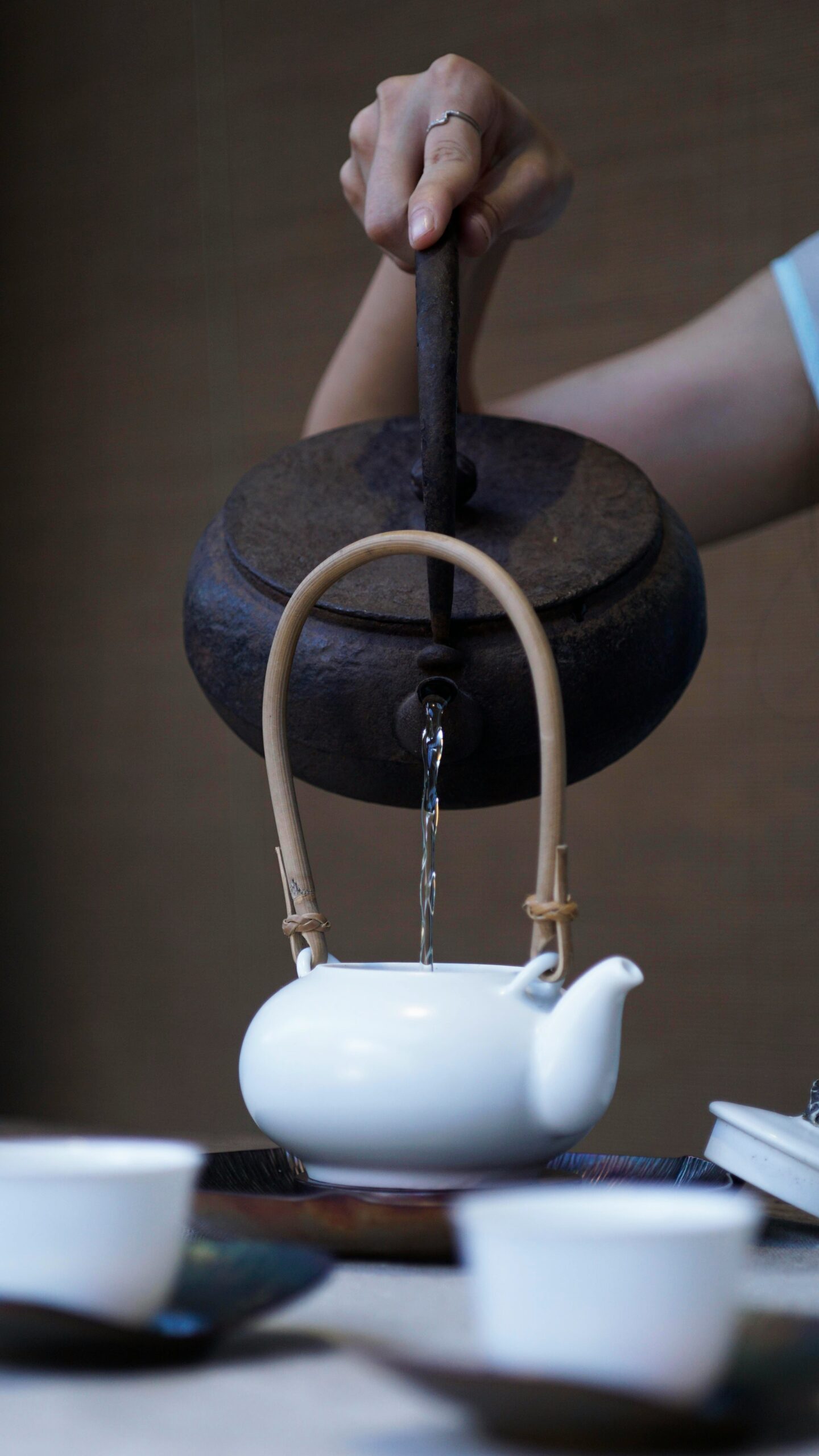Understanding Yin Yoga: Benefits and Best Practices

Introduction to Yin Yoga
Yin Yoga is a unique form of yoga that stands out due to its meditative and slow-paced nature. Unlike more dynamic styles of yoga, Yin Yoga focuses on long-held poses, stillness, and deep breathing. This practice is rooted in the principles of traditional Chinese medicine, emphasizing the flow of energy through the body’s meridians, or energy channels. The origins of Yin Yoga can be traced back to the ancient philosophies that seek to balance the body’s yin and yang energies, promoting overall harmony and health.
The primary objective of Yin Yoga is to target the deeper connective tissues of the body, such as ligaments, joints, and fascia, rather than just the superficial muscles. This is achieved through extended periods of holding poses, often ranging from one to five minutes. The stillness required in these poses encourages a meditative state, allowing practitioners to focus on their breath and inner sensations, ultimately fostering a deeper connection between the mind and body.
Yin Yoga’s emphasis on deep breathing and stillness also contributes to improved mental clarity and reduced stress levels. The practice encourages mindfulness, helping individuals to cultivate a sense of calm and presence in their daily lives. This slow-paced approach contrasts sharply with more vigorous yoga styles, making it an excellent complement to active practices. By integrating both yin and yang aspects into a balanced routine, practitioners can achieve optimal health and well-being.
Additionally, the influence of traditional Chinese medicine in Yin Yoga highlights the importance of maintaining the flow of qi (energy) through the body’s meridians. Blockages or imbalances in these energy channels can lead to various health issues. By targeting specific meridians through different poses, Yin Yoga aims to restore and enhance the body’s natural energy flow, promoting physical and emotional healing. This personalized approach to health and wellness underscores the holistic philosophy behind Yin Yoga, making it a valuable practice for those seeking to achieve hormonal balance, improve reproductive health, and support overall women’s health.
What Yin Yoga Involves
Yin Yoga is a distinctive form of yoga that emphasizes deep, sustained stretches designed to enhance flexibility and promote relaxation. The practice typically involves holding poses for extended periods, ranging from three to five minutes, allowing the practitioner to access deeper layers of muscle and connective tissue. This prolonged duration in each pose distinguishes Yin Yoga from more dynamic styles, providing a unique pathway to optimal health.
Common poses in Yin Yoga include forward bends, hip openers, and gentle backbends, all aimed at improving range of motion and targeting the body’s fascia. Props such as bolsters, blocks, and blankets are often utilized to provide support and ensure the body remains comfortable throughout the duration of the pose. These props are integral to the practice, helping to maintain proper alignment and prevent strain, thus making Yin Yoga accessible to individuals of all fitness levels.
One of the core principles of Yin Yoga is the concept of finding comfort in discomfort. As practitioners hold poses for several minutes, they are encouraged to explore their edge—a point where they feel a deep stretch but remain free of pain. This practice not only enhances physical flexibility but also fosters mental resilience and a heightened sense of awareness. The act of staying present and embracing the sensations, both pleasant and challenging, is a fundamental aspect of Yin Yoga.
Breathwork and mindfulness play a crucial role in Yin Yoga sessions. Conscious breathing helps to calm the nervous system and deepen the stretch, while mindfulness encourages practitioners to remain focused on their inner experience. By integrating breath and awareness, Yin Yoga becomes a meditative practice that nurtures both the body and mind, contributing to hormonal balance and overall well-being.
Through its slow-paced and introspective approach, Yin Yoga offers a personalized journey towards improved reproductive health, emotional stability, and physical relaxation. Whether seeking relief from stress or aiming to enhance flexibility, Yin Yoga provides a comprehensive practice that supports a holistic approach to women’s health.
Benefits of Yin Yoga
Yin Yoga offers a myriad of benefits that can significantly enhance both physical and mental well-being. One of the primary physical advantages of practicing Yin Yoga is its ability to improve flexibility. By holding poses for extended periods, the practice targets the connective tissues—ligaments, fascia, and tendons—promoting greater elasticity and joint mobility. This increased flexibility can be particularly beneficial for individuals engaged in other forms of physical activity or those seeking to maintain mobility as they age.
Another notable physical benefit is improved circulation. The deep, sustained stretches characteristic of Yin Yoga can help stimulate blood flow throughout the body, ensuring that vital nutrients and oxygen are efficiently delivered to various tissues and organs. This enhanced circulation can aid in the recovery of muscles and reduce the risk of injury.
Beyond its physical advantages, Yin Yoga offers substantial mental health benefits. One of the most celebrated aspects of Yin Yoga is its capacity to reduce stress. The meditative nature of the practice encourages mindfulness and presence, allowing practitioners to disconnect from daily stressors and focus on their inner experience. This mindfulness can lead to enhanced mental clarity, making it easier to navigate complex thoughts and emotions.
In addition to reducing stress, Yin Yoga can improve emotional balance. The practice provides a safe space to explore and release stored emotions, leading to a more balanced and harmonious state of mind. This emotional release can be particularly beneficial for individuals dealing with anxiety or emotional disturbances.
Moreover, Yin Yoga has the potential to enhance sleep quality. The relaxation techniques employed during Yin Yoga sessions promote a state of calm and tranquility, which can be instrumental in preparing the body and mind for restful sleep. This improved sleep quality further contributes to overall well-being, as adequate rest is crucial for optimal health.
In summary, Yin Yoga offers a comprehensive approach to well-being, addressing physical, mental, and emotional aspects of health. By improving flexibility, joint mobility, circulation, and promoting stress reduction, mental clarity, emotional balance, and better sleep, Yin Yoga supports a holistic path to optimal health.
Who Can Benefit from Yin Yoga
Yin Yoga offers a unique approach to enhancing overall wellness, making it an excellent practice for a wide range of individuals. Those with high-stress lifestyles may find it particularly beneficial, as it promotes deep relaxation and mental clarity. The meditative nature of Yin Yoga can help alleviate stress by encouraging mindfulness and inner peace, making it an ideal practice for anyone seeking balance in their hectic lives.
Flexibility and joint health are essential aspects of physical well-being, and Yin Yoga can significantly contribute to both. By holding poses for extended periods, this practice gently stretches the connective tissues, improving flexibility and joint mobility over time. This makes it an excellent choice for individuals looking to enhance their physical health without the intensity of more vigorous forms of exercise.
Athletes, in particular, can benefit from incorporating Yin Yoga into their recovery routines. The deep stretches and focused breathing techniques aid in muscular recovery and reduce the risk of injuries by maintaining muscle suppleness. Additionally, older adults aiming to preserve their mobility will find Yin Yoga a gentle yet effective way to keep their joints and muscles in optimal condition.
Chronic pain or stiffness can significantly impact one’s quality of life. Yin Yoga’s slow, deliberate movements and prolonged holds can help alleviate these symptoms by improving circulation and promoting relaxation in tight areas. This makes it a valuable practice for individuals dealing with chronic conditions such as arthritis or fibromyalgia.
To get started with Yin Yoga, it is advisable to find a qualified instructor who can guide you through the poses and ensure proper alignment. Many local yoga studios offer classes specifically tailored to beginners, which can be an excellent place to start. Additionally, incorporating Yin Yoga into your regular fitness routine, even if just once or twice a week, can yield significant benefits for your overall health and well-being.









